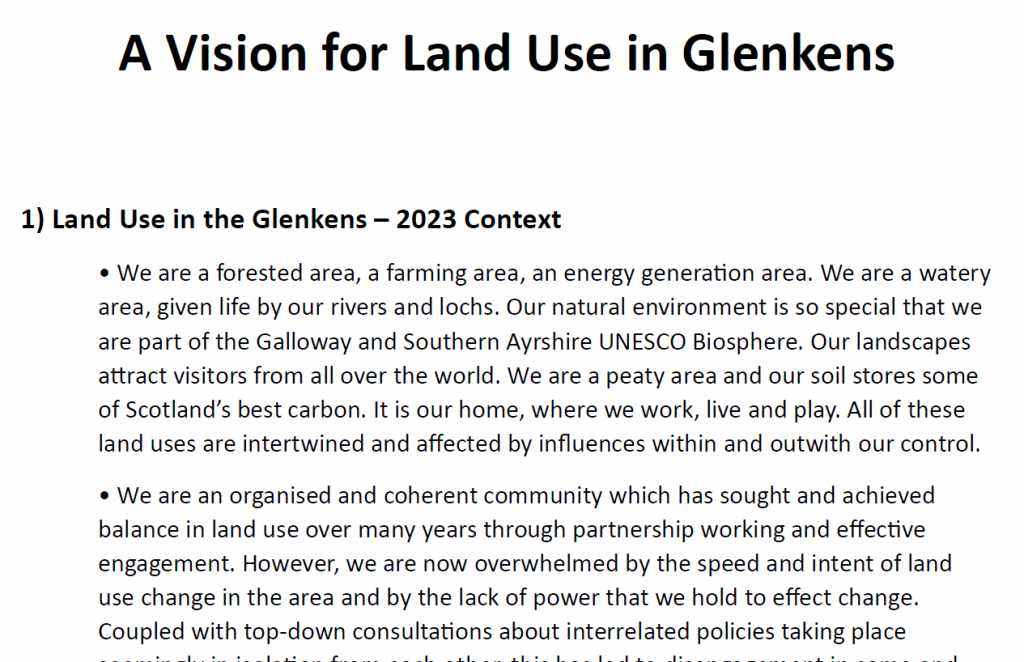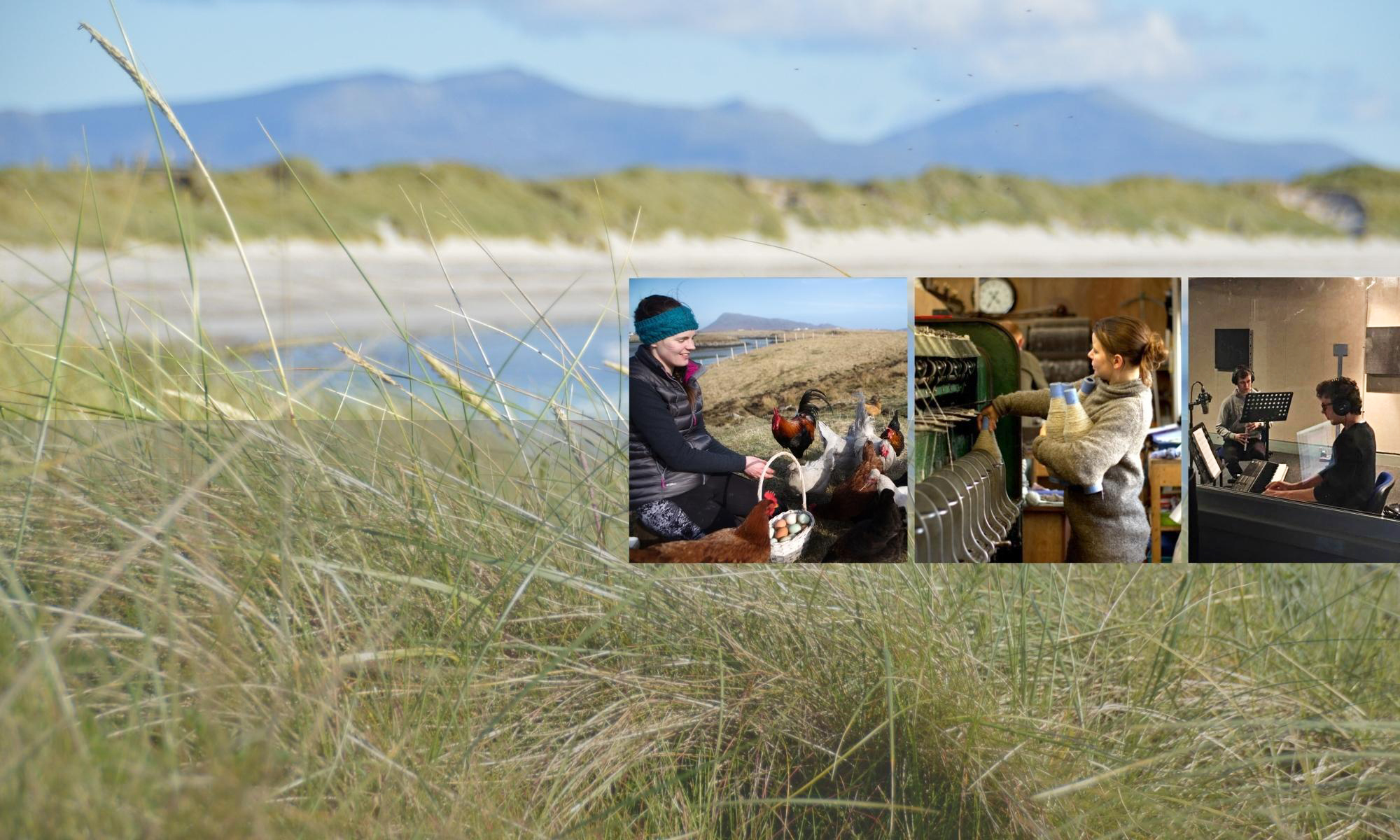Last year CoDeL engaged significantly with the challenges to rural and island communities presented by the climate and biodiversity emergencies. We sought to amplify the voices of local communities who feel threatened not only by these emergencies but also by responses to them, some of which are making the challenges even worse, rather than mitigating them. We are delighted that organisations like Community Land Scotland and Scotland’s Land Commission are strongly challenging the uniquely concentrated and opaque structures of land ownership in Scotland; and also the often dangerous consequences when such concentrated landownership is combined with the opportunities provided by carbon markets to extract yet more value from landed estates, regardless of the short and long-term consequences for local rural and island communities.
Towards the end of last year we also participated actively in the Scottish Rural and Island Parliament, unique within the British context, Theona, in her capacity as Chair of Scottish Rural Action, and both Thomas and Theona facilitating an Open Space session, and contributing to many other sessions also. The event bringing together some 500 people was astonishing, not least the work of the younger delegates who had a day of their own sessions drawing up 10 demands and presenting them to Scottish Ministers who organised a special debate on these demands in the Scottish Parliament last week (see here). The contributions of Uist and other island folk at the Rural and Island Parliament in Fort William was striking, as the following short video demonstrates.

At the end of the year we were fortunate to receive funding from the Scottish Government’s Scottish Rural Network to build on networks we established last year to highlight how much communities are doing themselves, including so much impactful action to deliver on many Scottish Government priorities. At the Rural and Island Parliament, the Deputy First Minister highlighted the evolving Rural Delivery Plan. A key response from communities is, invest in us to deliver on our, and your, priorities. This is what we want to demonstrate through our latest project, working with Cothrom, Community Energy Scotland, Tagsa Uibhist and Uist Beò here in Uist, and with Bairn Banter, the Galloway Food Hub, and the Glenkens Community and Arts Trust in Dumfries and Galloway. It is exciting to be working with such dynamic and ambitious community organisations.
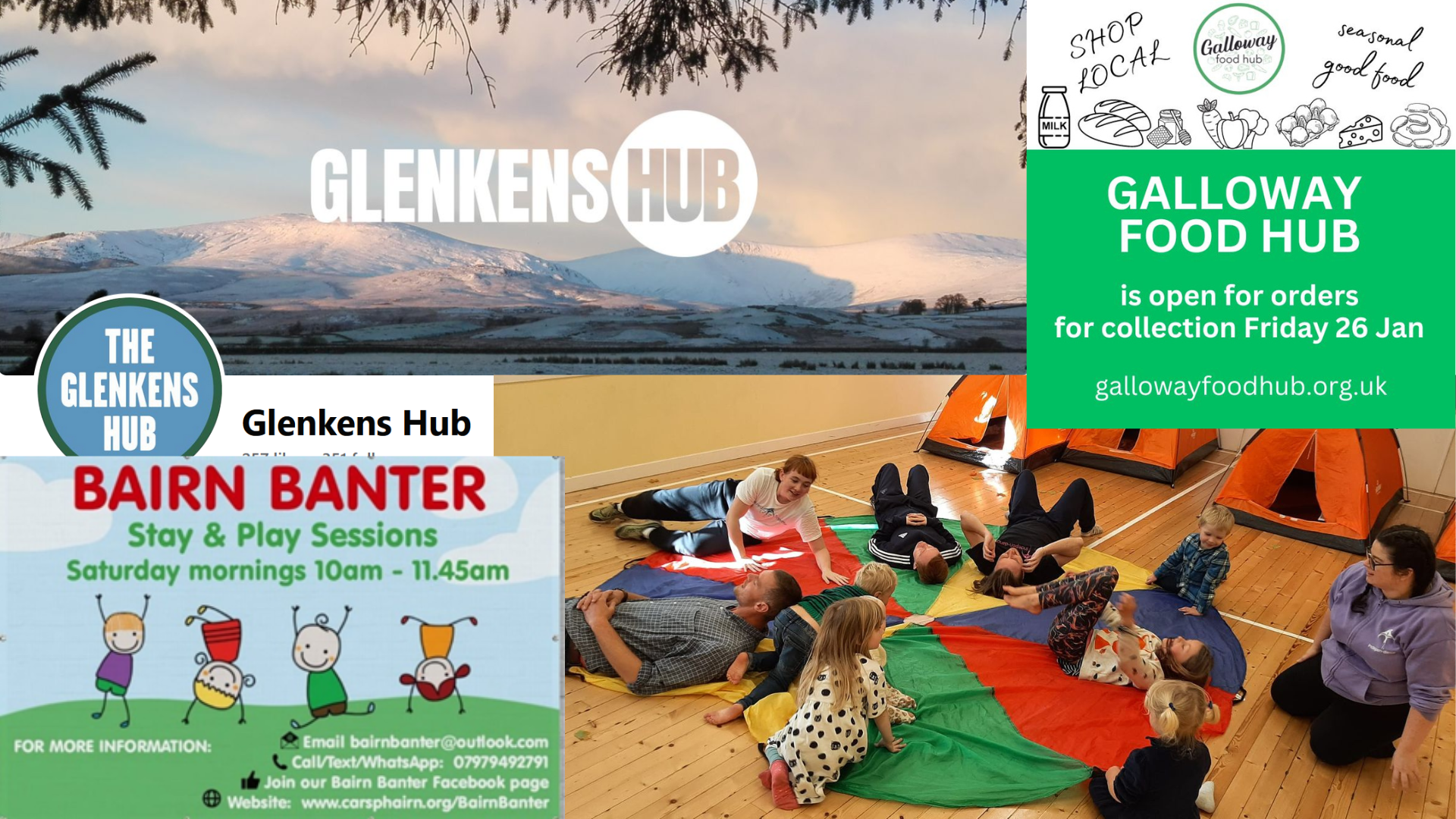
At the Rural and Island Parliament we also engaged significantly around emerging trends in rural research, and are developing a focus on the depth and extent of rural and island knowledge. Of particular importance is how such knowledge can be harnessed to benefit rural and island communities, and not just be the latest of our assets to be extracted for their value by external research institutes who come with their very different lenses and perspectives, not rooted in the lived experience of our rural and island lives and the unique inherited knowledge that we hold as communities in the here and now.
Amidst all this, we continue to actively support the development of Uist Beò, the digital platform (website and social media) reflecting the lives of young islanders in particular, and all the events, jobs and opportunities available in our vibrant island communities here in Uist. Far from being backward and lost in the mists of time, we are dynamic communities, with a thriving Gàidhlig culture, many young entrepreneurs, crofters and community workers, and such a full schedule of community activities, sports and events, including for families and children, that it is impossible to keep up with them all.
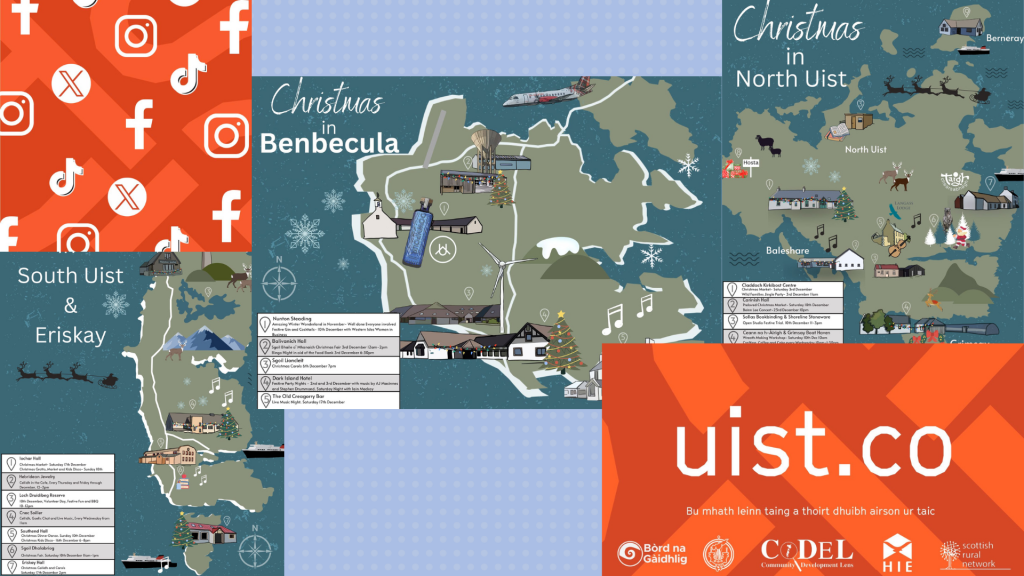
Building on this, and the Social Enterprise Place Award that Uist won during Covid, CoDeL is facilitating a collective process involving diverse community organisations to see if we can attract the investment to bring about transformational change within our island communities, building on our many assets and strengths, and tackling some of our deep-seated challenges, such as local food production, mental health and wellbeing, and housing.
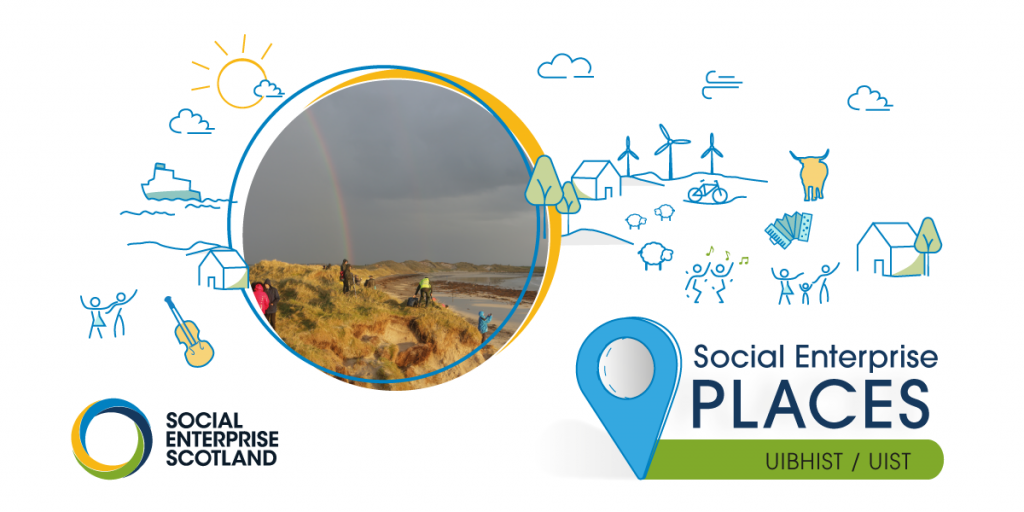
We continue to be inspired by the energy of our island communities, especially so many dynamic young islanders, and feel privileged to support and facilitate new visions, strategies and practical action within rural and island communuities and organisations.
(Click on the image below to find the full vision from Glenkens.)
